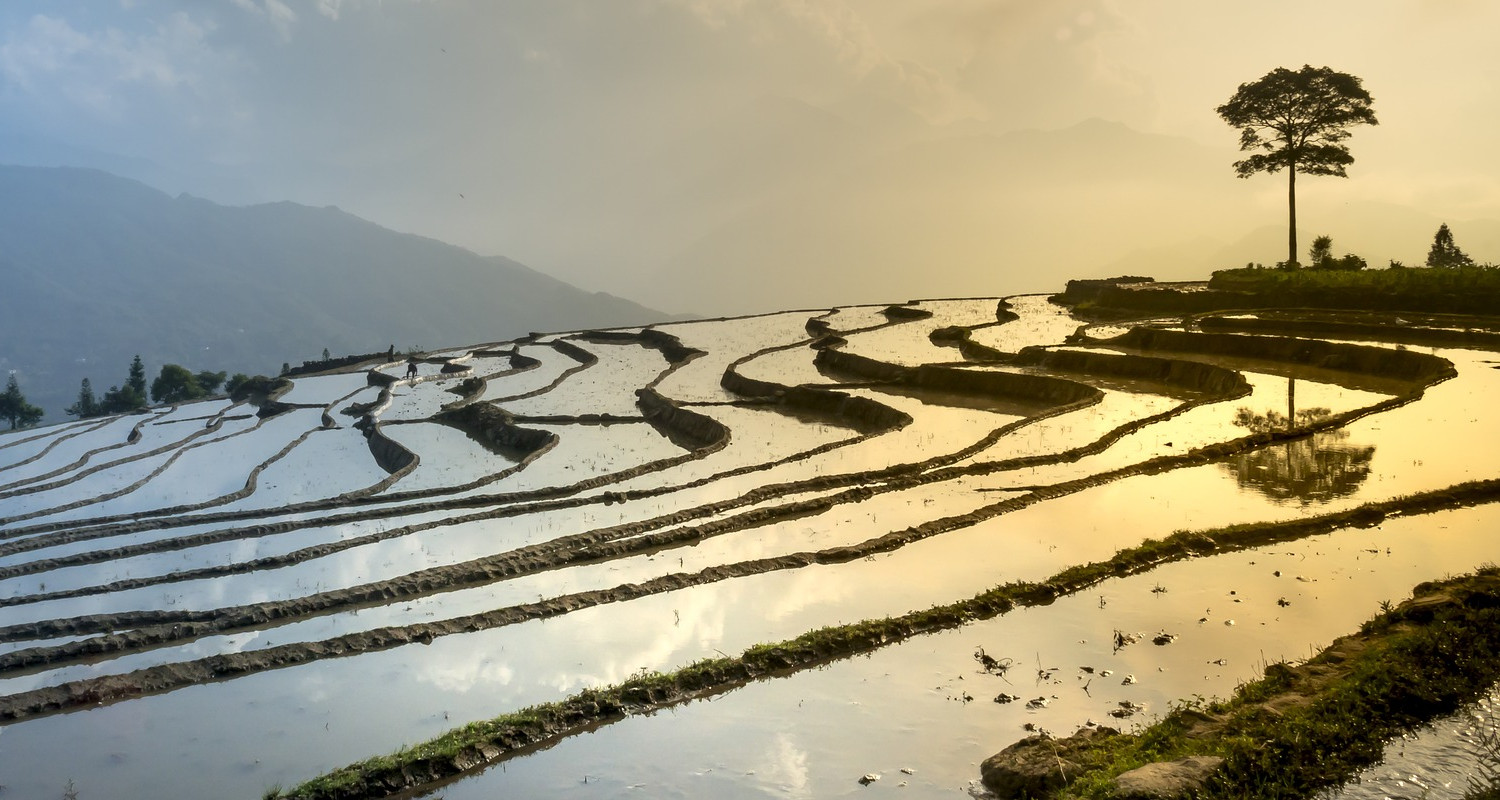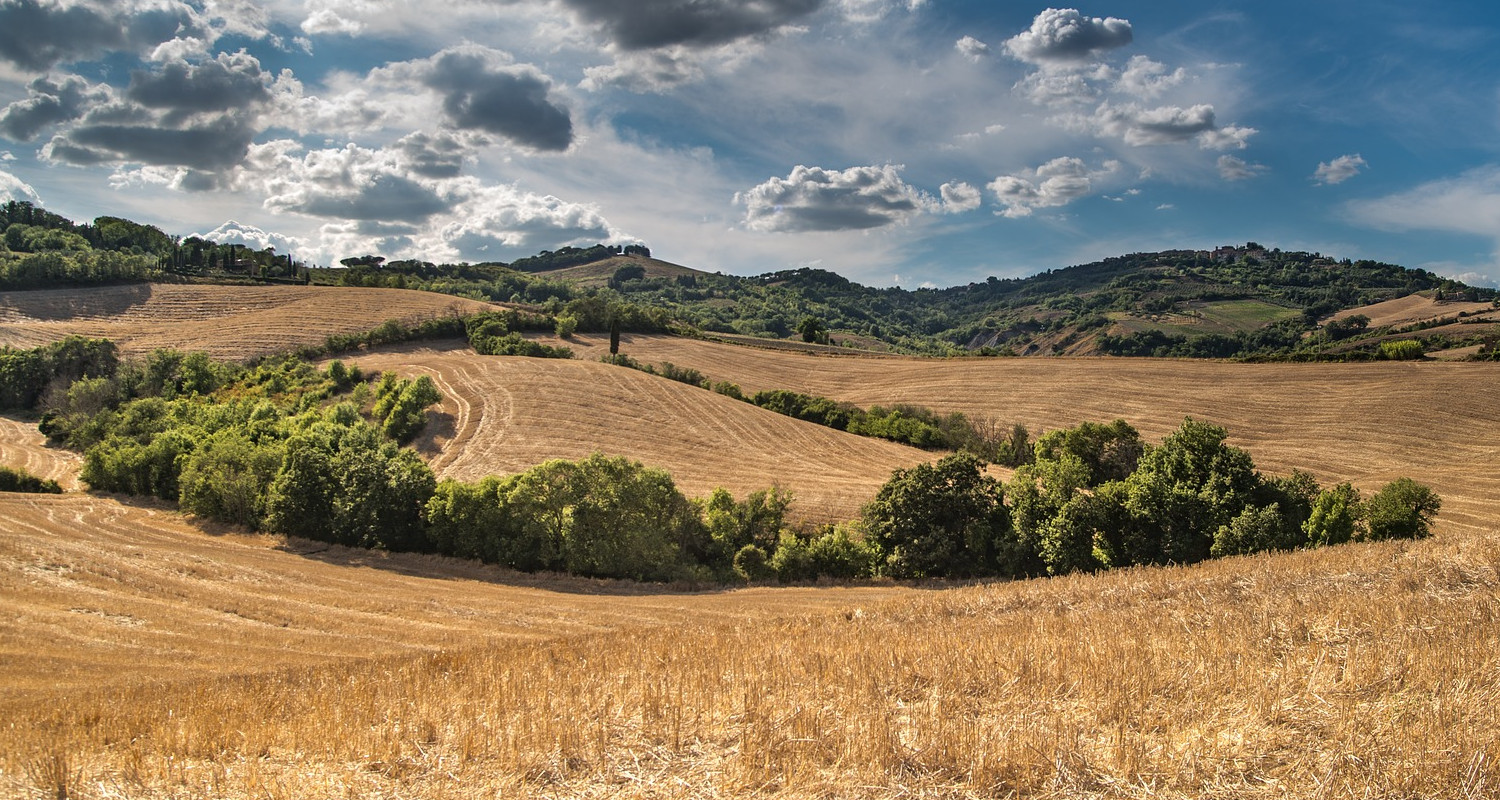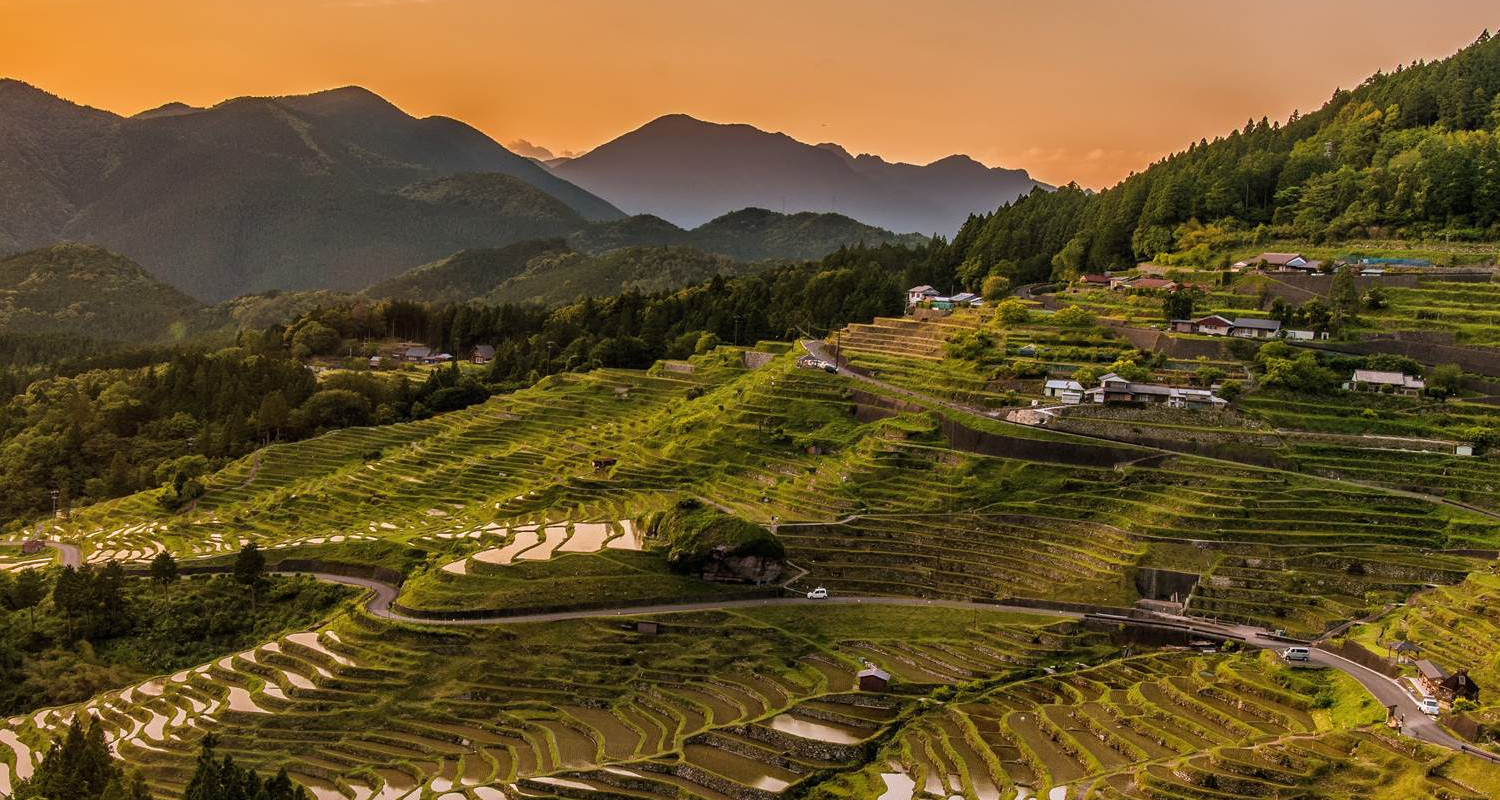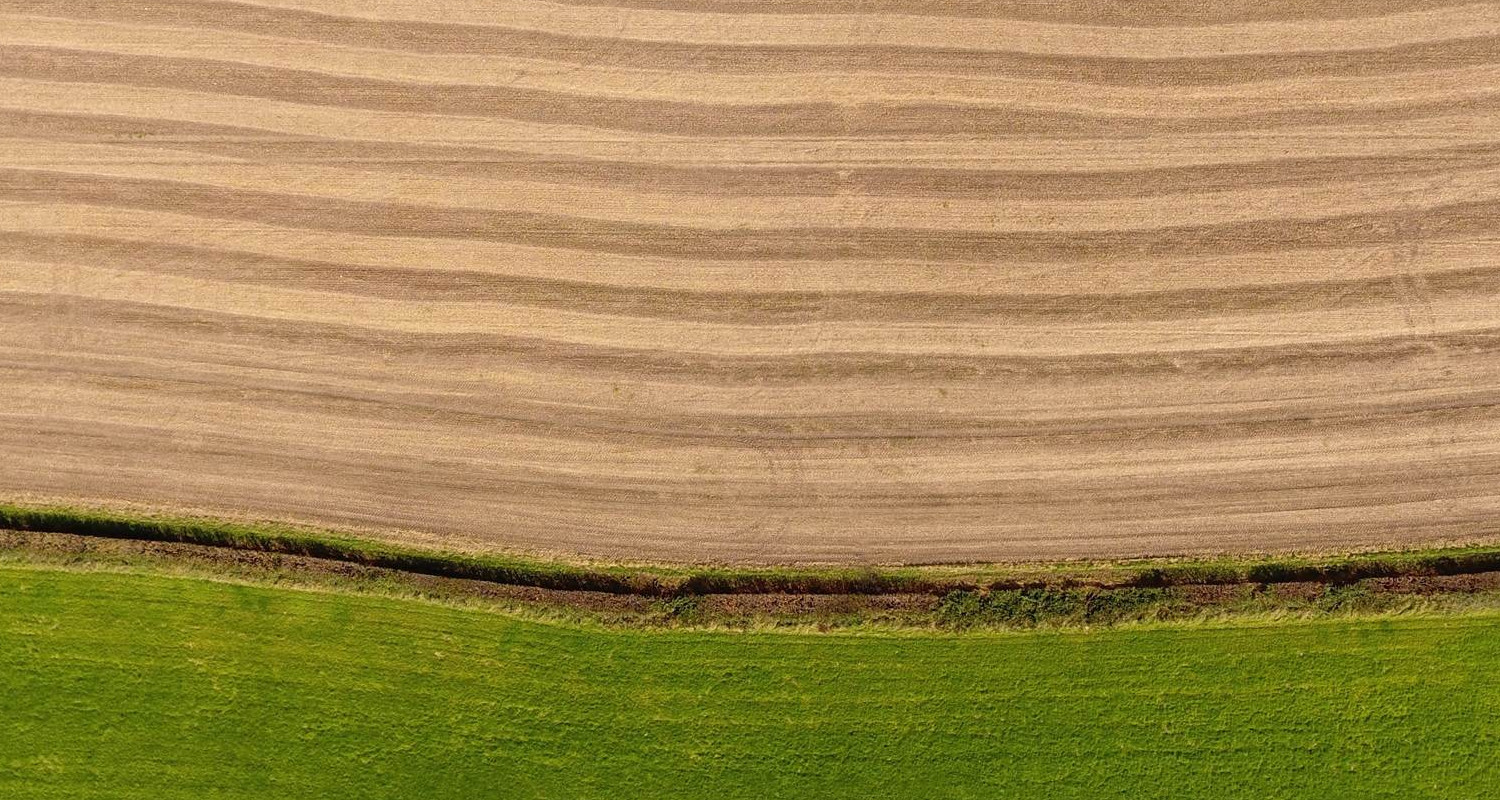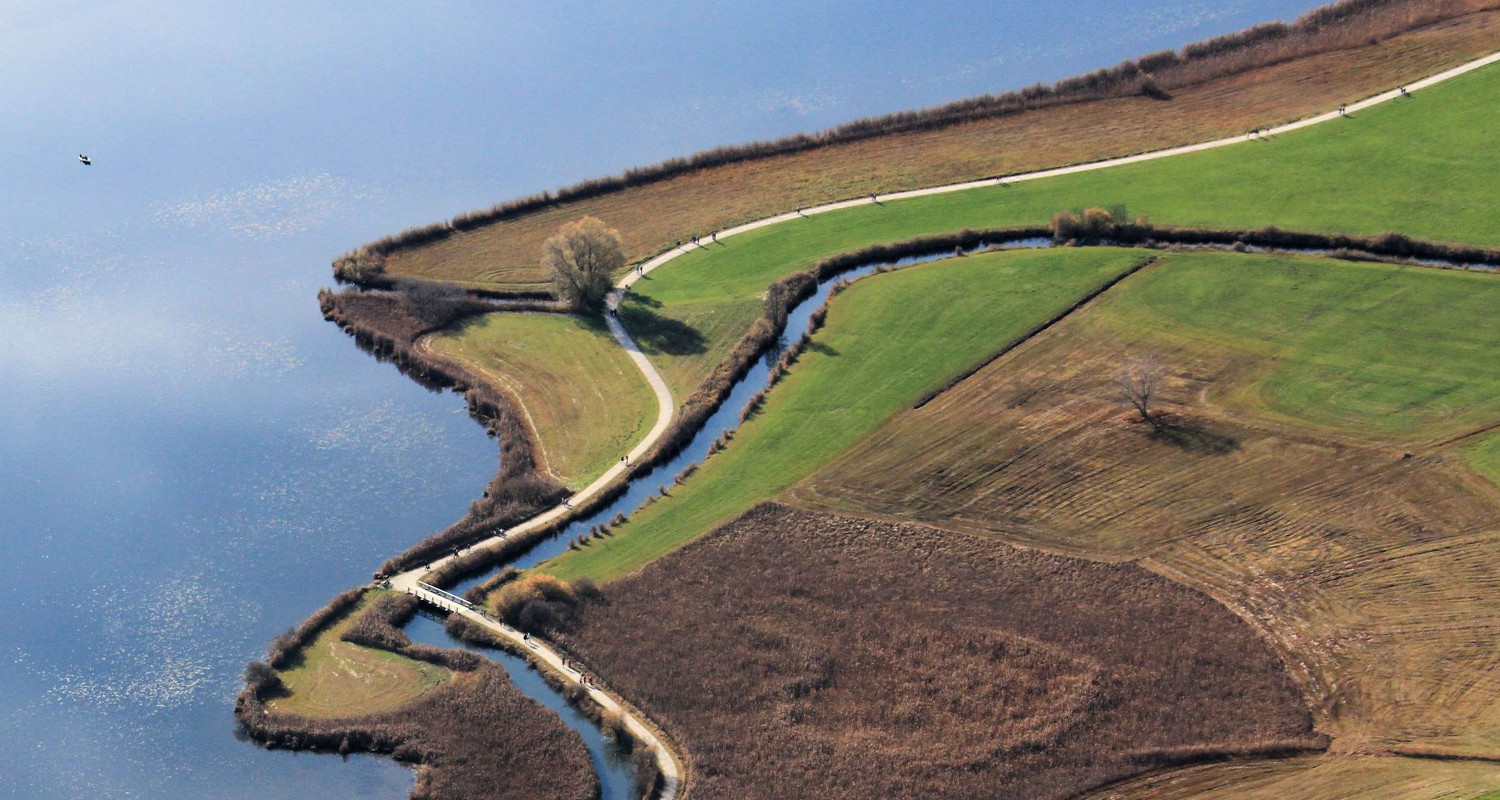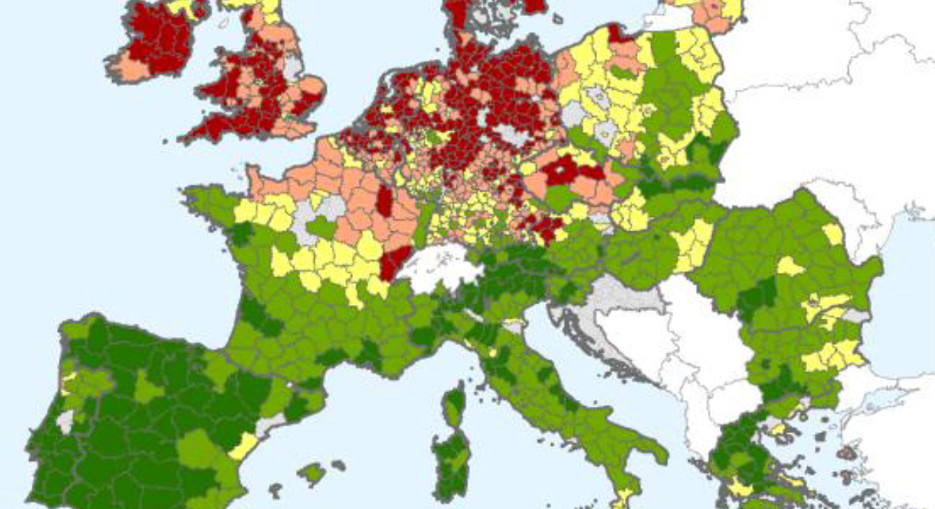About GEOGLAM
The purpose of Group on Earth Observations Global Agricultural Monitoring Initiative (GEOGLAM) is to increase market transparency and improve food security by producing and disseminating relevant, timely, and actionable information on agricultural conditions and outlooks of production at national, regional, and global scales. It achieves this by strengthening the international community’s capacity to utilize coordinated, comprehensive, and sustained Earth observations.
The GEOGLAM policy mandate initially came from the Group of Twenty (G20) Agriculture Ministers during the French G20 Presidency in 2011. The mandate has expanded parallel to the G20 mandate to include food security concerns and we now work to support early warning for international agency response to emerging food emergencies. GEOGLAM has produced Stocktaking reports for the G20 in recent years. These reports are available for 2021, 2022 and 2023. More reports are available in our archive here.
As we look to the future GEOGLAM is working on a response to the three big policy drivers of our time: UN Sustainable Development Goals; the Paris Accord on Climate Change; and, the Sendai Framework on Disaster Risk Reduction. Through the development of quantified metrics GEOGLAM will be able to work with other science communities and statistical agencies to develop policy relevant information in support of sustainable food production.
GEOGLAM is a Group on Earth Observations (GEO) Flagship Initiative. The GEO 2020-2022 Implementation plan for GEOGLAM can be found here, and associated tables here.
How to Join
GEOGLAM is an open community built around a good intent and common interest in agricultural monitoring. The resource commitment of participants is based on “best efforts”. All who share the interests of the GEOGLAM community are welcome to join. There is no formal membership process, so the best way to get started is contact the GEOGLAM Secretariat and get involved in a working group, regional network, or research initiative or bring your own initiative to the community. Further information can be found by contacting the GEOGLAM Secretariat.





